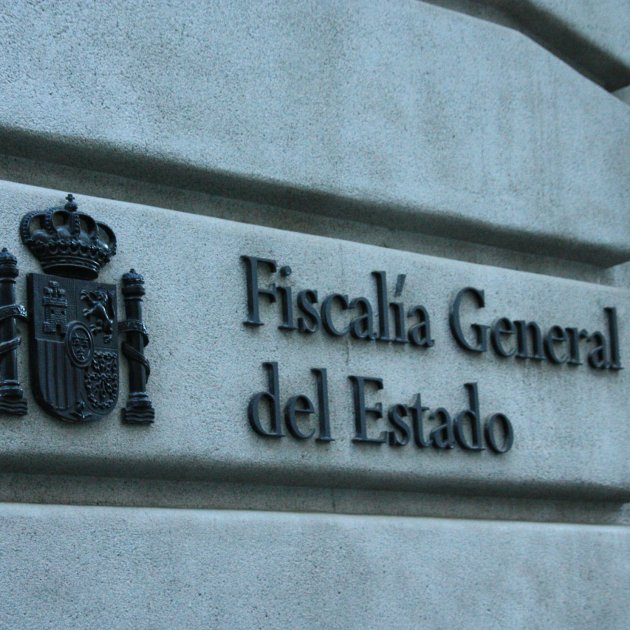Public prosecutors haven't justified why they have named a total of 256 witnesses they want to call during the trial over last year's Catalan independence referendum.
The second chamber of the Supreme Court, scheduled to hear the case, is currently working through the last procedural steps before starting the trial. They asked prosecutors to justify why they have submitted a list of 256 witness they want to call during the hearings to be able to consider how appropriate they are and to decide which to accept.
Prosecutors stuck to their original position.
The four-page-long filing they submitted today keeps all 256 of the witnesses. It doesn't give their names, it simply gives very brief reasons for summoning the different groups listed in their original filing on 2nd November.
These descriptions do mean, however, that, despite the lack of names, some witnesses can be identified based on the descriptions of their roles or involvement in last year's events.
For example, some of the officers closest to Josep Lluís Trapero, former head of the Mossos d'Esquadra, the Catalan police. Some of them, in fact, have already testified during the investigation.
Also called are senior officers from the National Police Corps and the Civil Guard, including the coordinator of the entire operation, colonel Diego Pérez de los Cobos.
From the Catalan Parliament, they want to call on its former senior lawyer, Antoni Bayona, who resigned in June 2018 having questioned the unilateral referendum, and its secretary general, Xavier Muro.
Other names that are hinted at are the Spanish government's former delegate to Catalonia, Enric Millo; the former junior minister for security, José Antonio Nieto; former technical secretary general of the interior ministry, Juan Antonio Puigserver and the then sub-secretary of the treasury, Felipe Martínez Rico.
Other witnesses they want to bring to the court are two members of the Catalan Parliament's board during the last legislature, José María Espejo-Saavedra (Cs) and David Pérez (PSC), as well as the then director of the Catalan delegation to the European Union, Amadeu Altafaj, and the head of Diplocat (the Catalan public diplomacy council), Albert Royo.
Prosecutors also propose to hear from Helena Catt and Wim Kok, spokespeople for the international team of electoral experts hired by the Catalan government to act as observers during the referendum. Similarly, prosecutors want to call on 64 Spanish police officers injured during that day and the Civil Guard officers who carried out the searches of Catalan ministries on 20th September.
